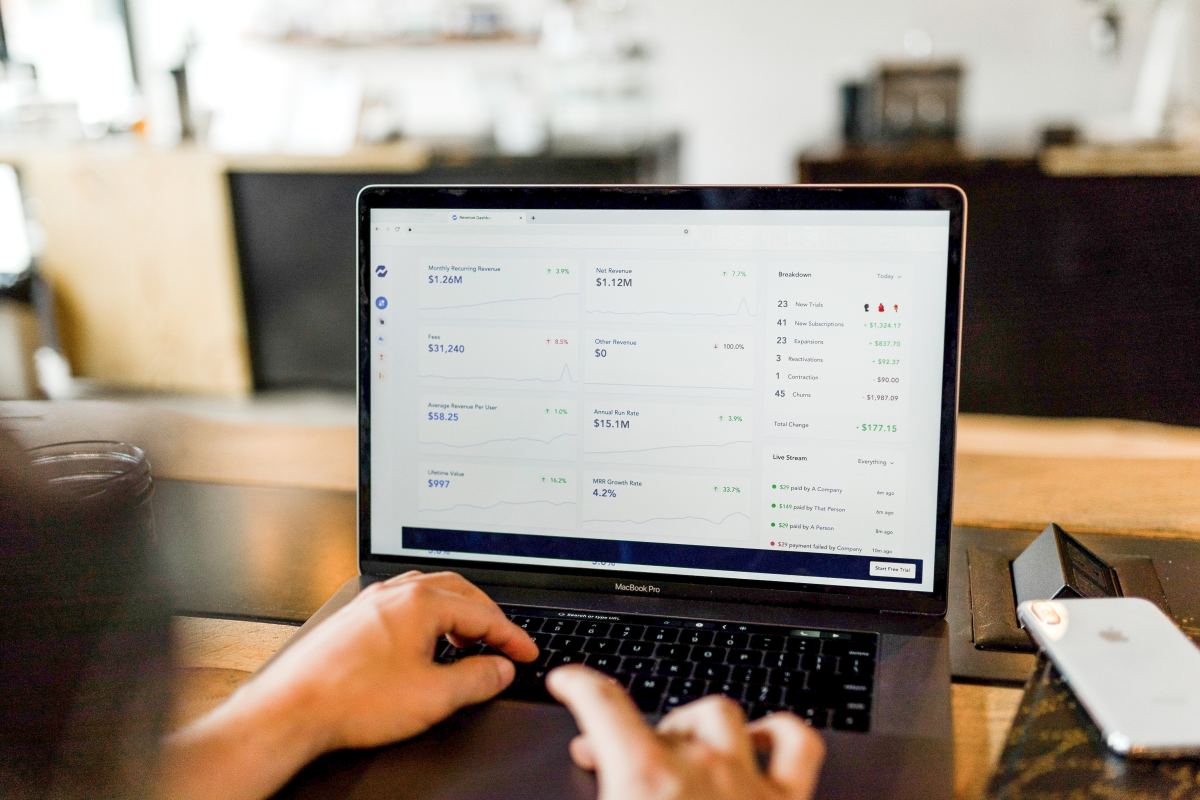When is the best time to buy a New Car?
When buying a new car, timing is ALMOST everything...
After leaving the military I worked for some time in the auto sales industry, selling both new and used vehicles. I started out as a sales person and worked my way up to Finance Manager and I can assure you there are some very important things you must know before you go to buy your new car.
Allow me to further reiterate that this guide is only a reference for new car purchases or leases, negotiating a good used car deal is a little different. I should also point out that every dealership is somewhat different, some are more desperate for your business than others. However, there are certain truths throughout the industry.
Timing
The best time of the month to buy a used car is always at the end of the month. Ideally, on the last day of the month. Why? Because each new car dealership has a quota for sales it is expected to meet by the manufacturer. In addition to the quota, there are milestone bonuses they can earn for selling beyond their quota. For example, a given Nissan dealership might be expected to sell 100 cars per month, if they hit 110 cars they will be given a $100 per car bonus for all the new cars they sold that month, if they sell 125 new cars they will get an additional $200 bonus per car they sold that month (now a $300 bonus), so on and so forth. These bonuses can stack-up pretty quickly. Sometimes a manufacturer may have additional incentives on a particular model (e.g.: $200 bonus on every Nissan Maxima sold). So what does this mean to you?
On the last day of the month, the dealership is highly motivated to move as many additional units as possible, not only to get to the next reward level, but also to pad the number of cars on which it will receive bonus payments. So they are very willing to sell cars at a loss!
Sold at a loss? That can't be true!
Customers never believe that a dealership would sell vehicles at a loss. They assume it's bad business and that the dealership would go out of business if they did it. But the fact of the matter is, new cars are often a loss leader. The profit margins on new cars are incredibly small, so once a dealership gives discounts beyond the manufacturers discounts, the cars are typically sold at a loss. The money is made in the finance department. The dealership will make the bulk of it's money from securing your auto loan for you, and selling you after-market service products (sometimes called extended warranties). But even if you do not buy a service plan, your new car will come with at least a 3 year 36,000 manufacturers warranty, which means you will bring your car back to the dealership for repairs during that period. And although those repairs are free to you, the manufacturer actually pays the dealership for that work. The service department is where the real money is made.
So if your sales person tells you that you are getting a great deal, and that the dealership is actually losing money on this car... it very well may be true, especially if you are buying at the end of the month.
Think about it this way... If you are the 125th sale for the month, the sale that will qualify the dealership for a $300 per car bonus for the month ($300 x 125 cars = $37,500) do you think the sales manager would be willing to take a $2,000 loss on your deal and throw in three years worth of free oil changes? Absolutely he would!
How do you know if you are getting a great deal?
So how do you know if you are getting a good or a great deal? First of all, do your research before you go to the car dealership. Despite the poor reputation car sales has historically received, it is now one of the most open and transparent financial transactions you will conduct. All the information you need is available for free on the internet. You can find the Manufacturers Suggested Retail Price (MSRP) for the vehicle you are interested in and you can find the invoice price (the price the dealership pays). The difference between the two is the potential profit for the dealership, it's also the amount of negotiating room they typically have. You can also find the prevailing interest rates for auto loans in your area, the tax rates and even the doc fees. All the information is available online so you should know what to expect when you go to the dealership.
There are two good rules of thumb. 1) If you are happy with your deal, then it is a good deal. Don't lose sleep over whether or not you are paying more than your neighbor. People always ask what the fair price for the car is. The fair price is the MSRP, which few people actually pay. 2) If the sales manager is willing to let you leave the dealership, then you are walking away from a great deal.
That second one is huge. The cardinal rule in car sales is that no one leaves without buying a car, unless the sales manager lets them go. Sales people get in big trouble for letting customers walk. If you say you want to go and the sales manager says "Okay, thanks for coming in..." and lets you leave without trying to sweeten the offer a little more to get you to stay, that means he has already put all of his cards (and probably a little more) on the table. It means he has given all he has to give, and you are probably walking out on the best deal you will get. Yes you can go to another dealership, but the odds are, they won't match the same deal.
At the end of the day, you should go with your gut. If the deal feels right, and the staff at the dealership has treated you fairly and with respect, then they should earn your business. If it doesn't feel right, or you feel pressured, go elsewhere.
Poll
How do you feel about new car negotiations?
© 2014 Anthony



